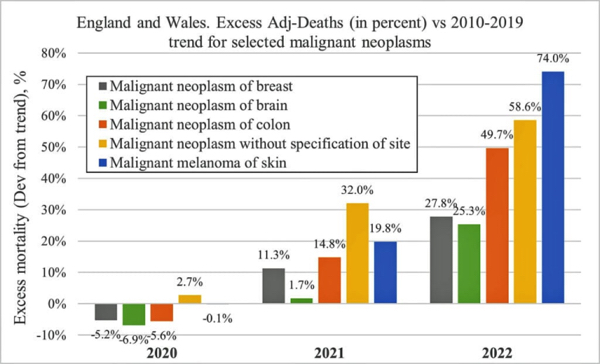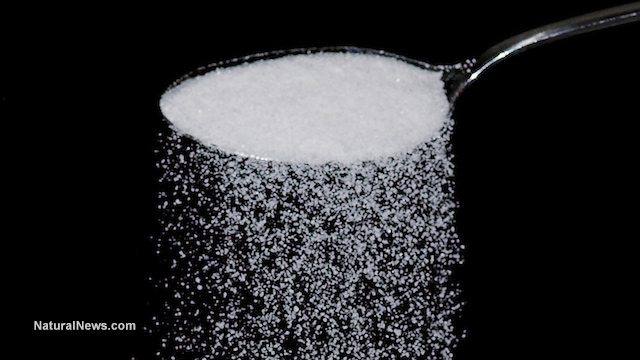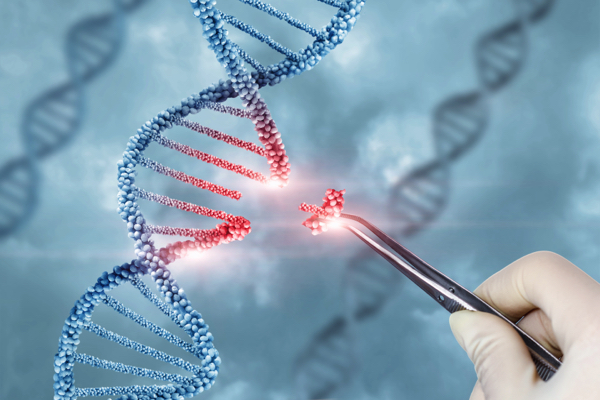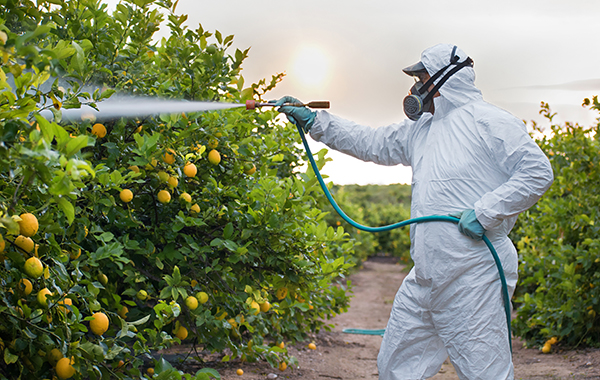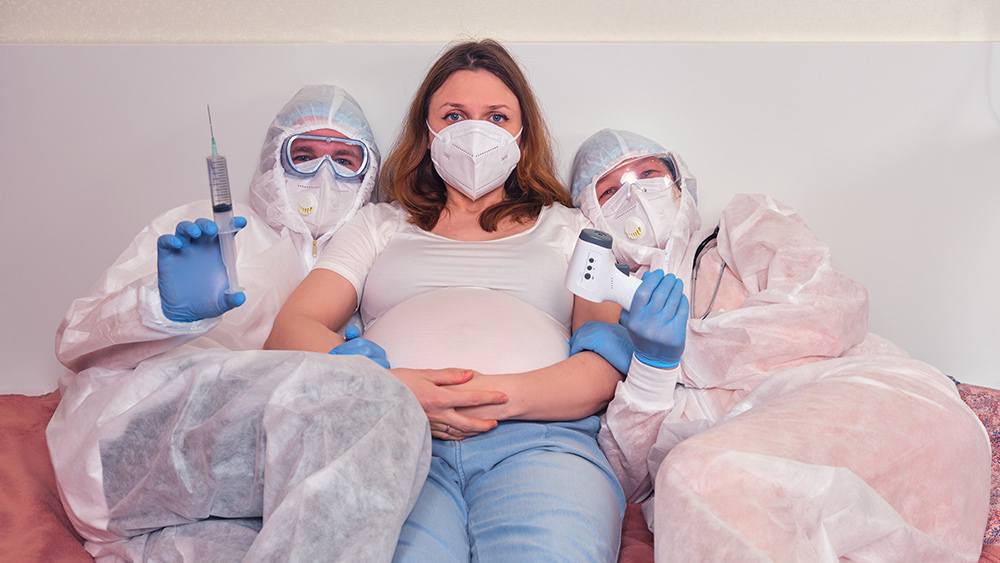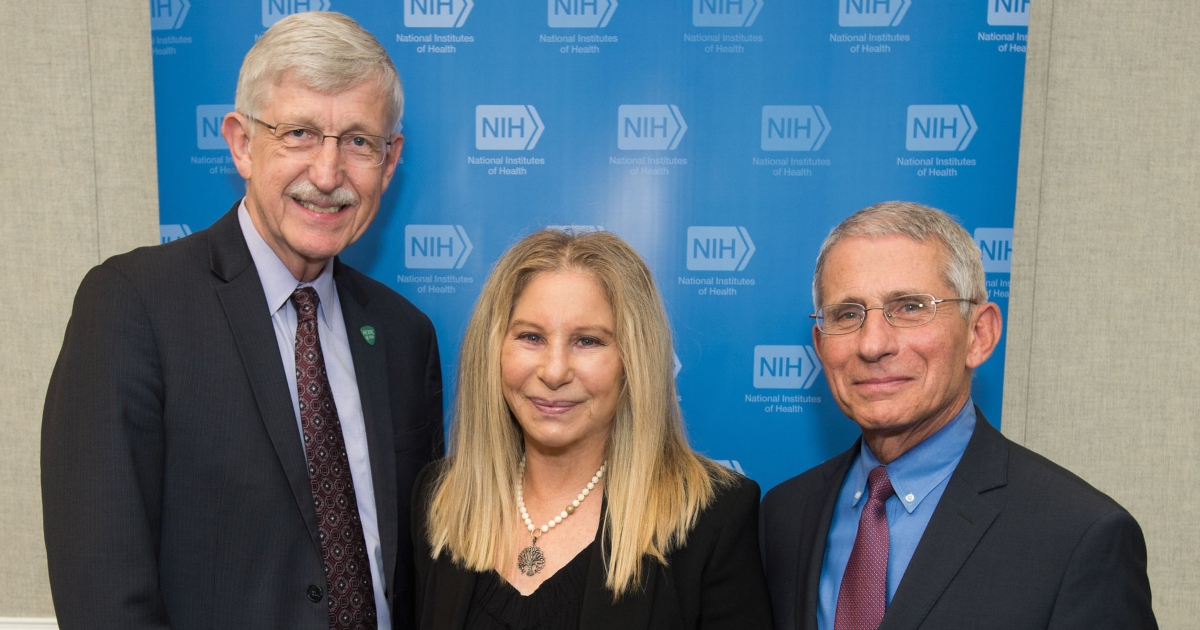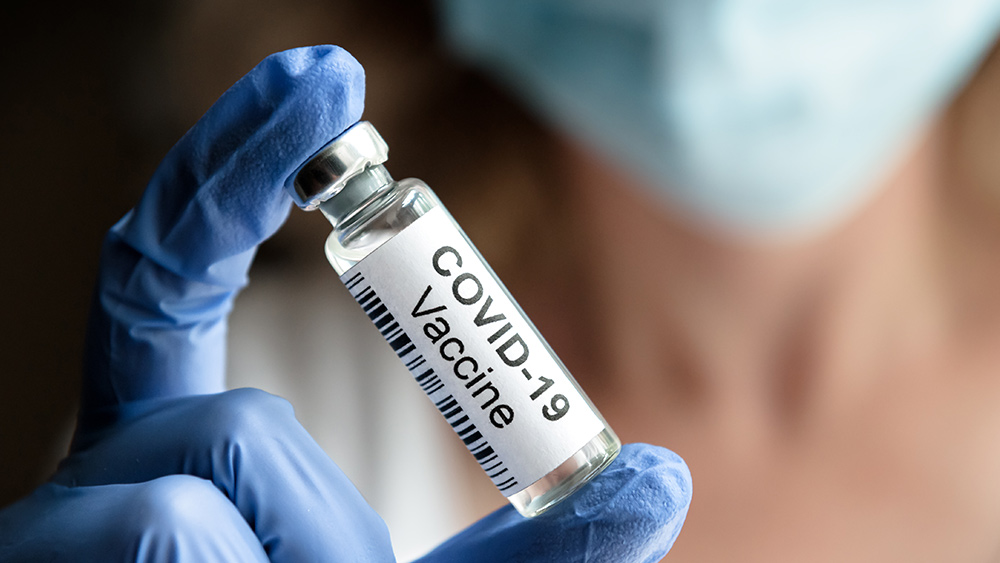PCR protocol advocate’s qualifications to head virology department at Berlin university-hospital doubted by critics
11/28/2023 / By Belle Carter

Christian Drosten is being questioned by critics of his qualifications to head the Institute of Virology at the Charite university hospital in Berlin, Germany. He was the author of a January 2020 study that fully advocated the use of real-time polymerase chain reaction (RT-PCR) tests to provide a statistical basis for the Wuhan coronavirus (COVID-19) pandemic, but scientists said it was “severely flawed.”
The prestigious school, known to have produced Nobel Prize awardees, incidentally hosts and organizes the annual World Health Summit on behalf of the German government. During the latest summit, Dorsten urged the media to suppress disinformation. “We shouldn’t have just anybody who has some academic degree talking about the heart of the issue in the middle of a pandemic,” Drosten said, invoking “experts who are really experts” and qualified to summarize the state of knowledge. Scientists who are “top scientists,” he added.
Dieses Gerede ist nicht mehr zu ertragen. Soll er sich doch ein einziges Mal kritischen Fragen stellen oder dem Diskurs mit Forschern wie @MartinKulldorff oder @DrJBhattacharya. Aber nein, die verunglimpft er ja lieber als „Pseudo-Experten“. Ein Irrsinn. pic.twitter.com/sm6wJQCtKI
— Tim Röhn (@Tim_Roehn) October 16, 2023
Critics point out that his political point of view makes him undeserving to head such a department in the educational/medical institution. Also, he developed and endorsed the “notoriously hypersensitive coronavirus PCR protocol which helped to create the COVID-19 pandemic via the detection of billions of asymptomatic cases.” People all around the world have been questioning the accuracy of the tests to this day.
German writer Thomas Maul noted on Germany’s influential alternative media site Achse des Guten that full professors in Germany are normally required to have completed a kind of “super-PhD” known as the habilitation. Drosten, despite being a full professor, has not done that. Worse, questions have been raised about whether he even completed a PhD, as his dissertation was nowhere to be found from the time of its alleged completion in 2000, 2001, 2002 or 2003 until mid-2020, when copies suddenly turned up in German National Library (DNB) branches at the time that observers have already publicly enquired if it ever existed. As per a copy of the paper acquired from the Leipzig DNB, the call number indicated it was first included in the catalog in 2020.
Furthermore, Markus Kubacher, a chemist who accused Drosten of committing scientific fraud, began making inquiries about it in April. In October 2020, the university published a statement to “kill” the controversy and it later was dutifully cited by German ‘fact-checking’ organizations. But, as Maul remarked, the statement only raised more questions than it answered.
According to the Daily Sceptic, an example of this is, “the only remaining original copy” of Drosten’s thesis in the possession of the Goethe University faculty of medicine was examined to determine whether it was suitable for library use and was determined not to be so. But in an earlier e-mail cited by the chemist in a July 2020 tweet, a university spokesperson explained that none of the copies originally submitted could be used for libraries since they had suffered “water damage, apparently due to flooding” in large parts of the university clinic a few years ago. Meanwhile, another university official told Kubacher on the phone that there had only ever been one copy in their possession and it had been damaged by drops of water from a leaky pipe running along the ceiling of the basement.
Moreover, under the names of the committee members, including the thesis director Roth, the date of the paper defense was March 3, 2003. But as can be seen from the cover page, the text was supposedly completed in 2001. According to the university’s account, this too is not a problem and was merely due to the extreme excellence of the work, since a third opinion had to be gathered to confirm the summa cum laude bestowed by the first two readers. Also, critics have pointed to the oddity of the supposed date of the dissertation defense. March 22, 2003, was a Saturday. Who defends their dissertation on a weekend?
Fraud surrounding paper endorsing the PCR test
The Expose’s Patricia Harrity further expounded on the credibility, or the lack thereof, of Drosten by probing deeper into the paper titled “Detection of 2019 novel coronavirus (2019-nCoV) by real-time RT-PCR,” which was published on January 23, 2020, in the scientific journal Eurosurveillance. The paper now referred to as the Corman-Drosten paper also appeared on the World Health Organization’s website on January 13 and 17, 2020, despite the authors acknowledging that they had designed the test “without having virus material available.”
As a group of Life Science scientists revealed 10 major scientific flaws concerning the study’s biomolecular and methodological design, a peer review requested to retract the paper. The false positives were not the only fraudulent area as the paper had not been peer-reviewed at all. Drosten even failed to declare that he was a member of the Eurosurveillance editorial board at the time the paper was published. “Not only that he was holding a fraudulent doctoral title and would likely face court charges as a result,” Harrity added. “There has been a misapplication or misuse fraudulent application of the PCR, meaning COVID-19 is a scientifically meaningless construct that represents nothing more than a referential illusion.”
Moreover, the Nobel Prize-winning inventor of the PCR Kary Mullis admitted that the PCR “doesn’t tell you that you are sick, or that the thing that you ended up with was going to hurt you or anything like that.” (Related: CDC admits PCR tests are a fraud… so what about the last two years, then?)
ScienceDeception.com has more stories related to the fraudulent COVID-19 tests during the pandemic.
Sources for this article include:
Submit a correction >>
Tagged Under:
Berlin Virology Institute, Charite university, Christian Drosten, conspiracy, covid-19, infections, insanity, medical tech, Nobel Prize, outbreak, pandemic, rational, research, rigged, RT-PCR test, science clowns, science deception, science fraud, skeptics
This article may contain statements that reflect the opinion of the author
RECENT NEWS & ARTICLES
COPYRIGHT © 2017 RESEARCH NEWS

